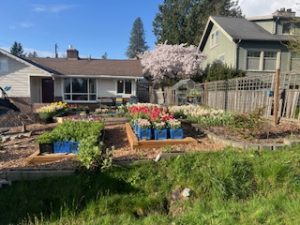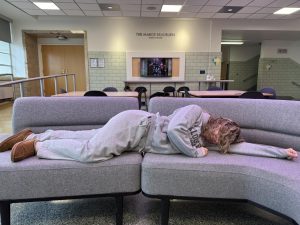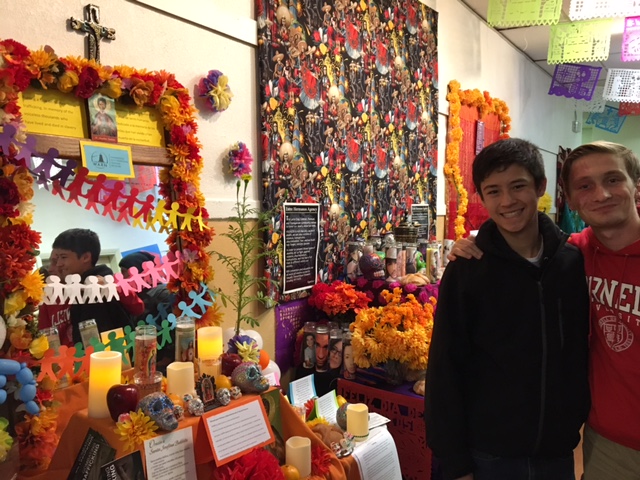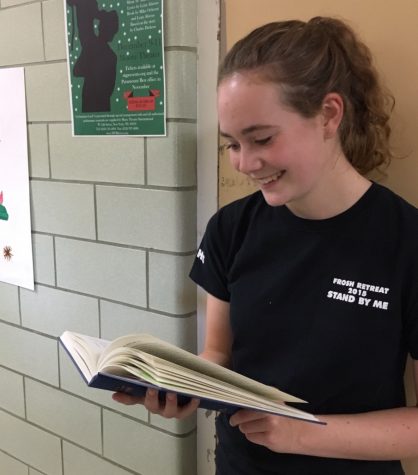Day of the Dead Comes Alive
November 6, 2017
On November 2, sixteen Blanchet students bussed to El Centro de la Raza to partake in cultural festivities.
El Centro de la Raza, the Center for People of All Races, was holding a celebration for Día de los Muertos.
Día de los Muertos, Day of the Dead, is a Spanish holiday on All Souls’ Day celebrating all who have gone before us. It is traditional to create and decorate altars, ofrendas, for loved ones who have passed away. Ofrendas were created by different organizations and put on public display in El Centro.
“It was great to experience another culture at such a fun gathering,” said senior Lars Krokum.
Chaperoning the students were Spanish teachers Señor Luis Gamez, Profe Veronica Pietrzak, and Señora Graciela Rodriguez along with Ms. Annette Rembold, whom students were impressed to learn is fluent in Spanish.
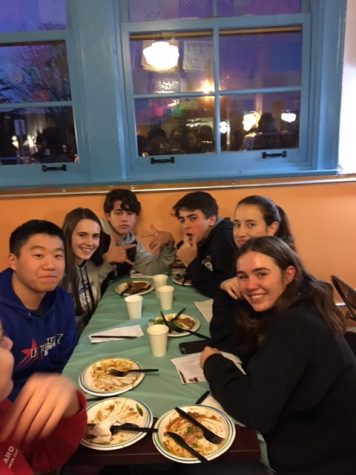
“Students in our Spanish department learn about Day of the Dead in our entry level classes,” said Señor Gamez, “and this event provided a fantastic opportunity to be part of the holiday and see the celebrations first hand.”
Most students that were on the field trip are taking AP-level Spanish and only a few are in Spanish 3. Being so advanced, they were encouraged to speak only Spanish during the trip.
“I liked eating food and not having to do homework if I spoke Spanish during the festival,” said senior Paul Codd.
Students were served rice, beans, and Spanish-style chicken with the rest of the community who came to celebrate.
Even though these Blanchet students have been studying the Spanish language for years, taking part in their customs was a completely different experience. Seeing Spanish dances and drinking Mexican hot chocolate is more real than simply hearing about them in a classroom while learning Spanish.
“As a teacher I want my students to make personal connections to what they learn in class and experience the culture,” said Señor Gamez. “I’m very excited they got to do that through this trip.”
In order to master a language, one must not only understand the words and grammar, but also the culture. This can only be done through personal experience.

